Insubordination paves the road to progress, says Todd Kashdan, a professor of psychology at George Mason University. Kashdan draws on a wealth of psychological research to show how and when to rebel against the status quo. He outlines tactics for overcoming biases, persuading others to consider unorthodox ideas, and finding and keeping allies. Moreover, he provides psychological armor for the battle. Vladimir Nabokov once said, “Curiosity is insubordination in its purest form.” With curiosity, peruse Kashdan’s offbeat book on nonconformity, and be inspired to become a maverick.
Insubordination brings vitality, innovation, and improvement to society.
Charles Darwin revolutionized prevailing ideas on the origins of life on Earth, but he wasn’t the first renegade to conceive of evolution. Darwin built his ideas upon the work of other nonconformists, many of whom paid dearly for opposing orthodoxy. Al-Jahiz, a ninth-century scientist, observed the survival-of-the-fittest phenomenon among nonnative animals imported to Iraq. In response, the ruler of Baghdad banished al-Jahiz and executed his patron. In the 1500s, Bernard Palissy, a French scientist, suggested Earth was older than the Catholic Church claimed. The authorities sentenced him to death.
Outliers often display enormous courage in bringing forth revolutionary concepts, and society owes them a debt of gratitude. Rebels spout new ideas and oppose the status quo. Revolutionaries seek to overthrow oppressive systems. Dissenters bring progress through courage and perseverance. Often, nonconformists see solutions that the majority miss, not only in science, but in politics and in daily life. Activists need to learn how to rebel effectively...










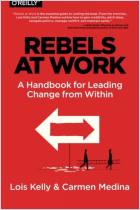
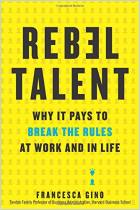
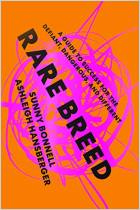
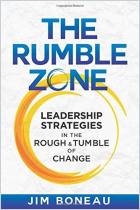
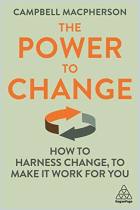
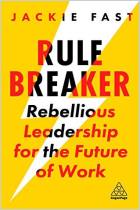




Comment on this summary or Démarrer une discussion